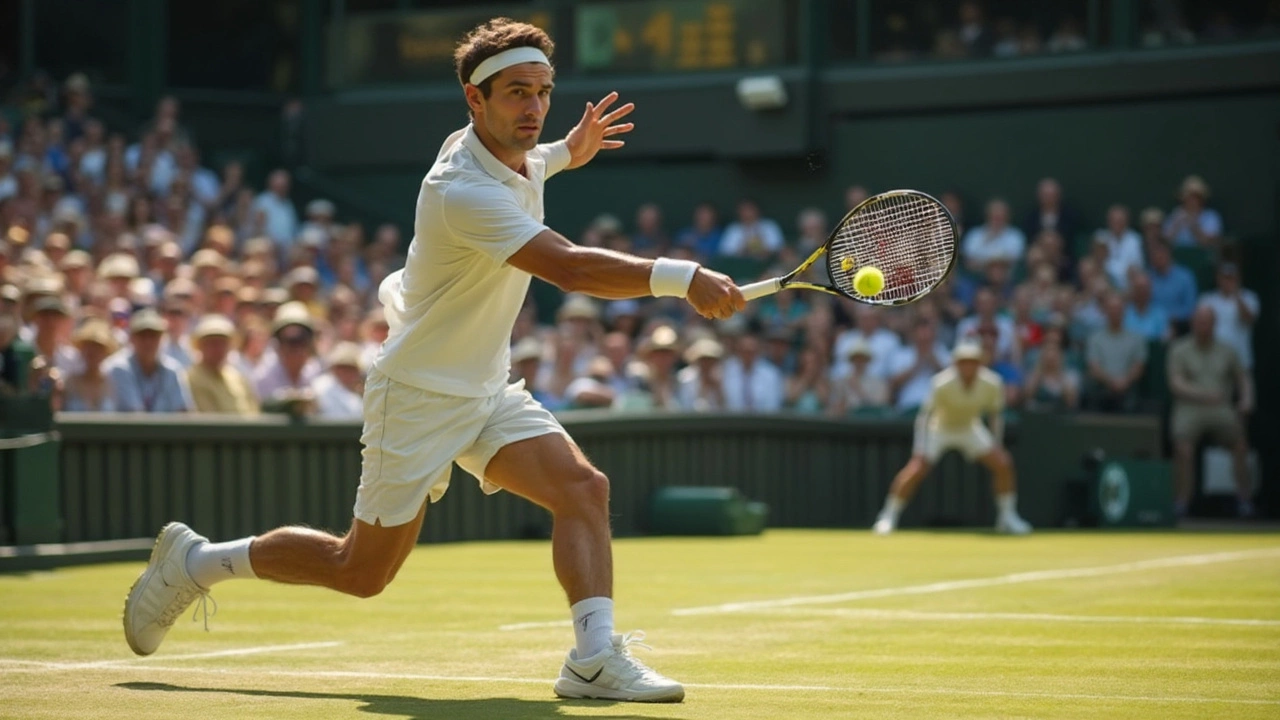
Tournament Skill Levels Explained: Your Quick Guide
Ever wonder why some events label players as "beginner" or "advanced"? Knowing the skill level system helps you pick the right bracket, avoid mismatches, and actually enjoy the competition. This page pulls together the most useful articles on tournament skill levels across sports, so you get a clear picture without hunting around.
What Do Skill Levels Mean in a Tournament?
In any tournament, organizers create categories to keep matches fair. A "skill level" is simply a rating that reflects how experienced or capable a player is. It can be based on age, past results, training hours, or a points system. For example, a local tennis club might have "Novice," "Intermediate," and "Advanced" groups, while a national league could use a numeric scale like 1‑10.
The key idea is to match people of similar ability. When you play against someone at your own level, the game stays competitive, you learn faster, and the risk of injury drops. Most sports have guidelines, but they vary. That’s why you’ll see terms like "division," "grade," or "class" used interchangeably.
How to Find the Right Level for You
First, check the tournament’s official rules. Usually there’s a brief description of each category. If you’re unsure, look at past results: see where similar‑aged or similarly‑ranked athletes placed. Many events also offer a self‑assessment quiz – answer a few questions about your training frequency, competition history, and typical scores, and you’ll get a suggested bracket.
Don’t be afraid to ask the organizers. A quick email or phone call can clarify whether a newer player should start in the "Open" or "Beginner" division. Most clubs appreciate honesty because they want fair play.
Finally, give yourself a trial run. Some tournaments let you play a warm‑up match in a higher bracket. If it feels too tough, you can drop down before the official rounds start. The goal is to enjoy the game, not to prove you’re the best at every level.
On this tag page you’ll also find articles that dive deeper into specific sports. Want to know how age groups work in swimming lessons or what the 130‑hour rule means for rugby players? Those pieces are listed below, each tagged with "tournament skill levels" because they touch on how athletes are grouped for fair play.
For fitness fans, the "Best Body Part Workout Split" article explains how to train each muscle group, which can help you improve your overall performance before you step into a competition bracket. If you’re a runner, the marathon recovery guide shows how to bounce back fast, keeping you ready for the next race.
In short, understanding skill levels is the first step to a smoother tournament experience. Use the tips above, check the specific sport articles linked here, and you’ll walk into any event feeling prepared and confident.
